A Mars-bound spacecraft is set to launch on Wednesday. Two more will follow by the end of the month.
NASA is planning to send its fifth rover to the red planet. China and the UAE have never been to Mars before.
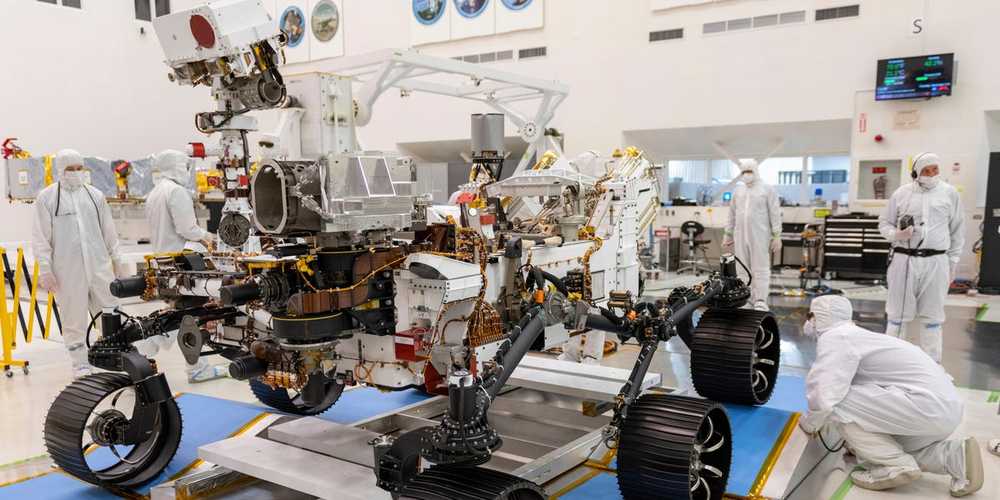
I finally got footage of the Mercedes-Benz AVTR driving!! This car can crawl like a crab sideways. How frickin cool is that! Thoughts guys??
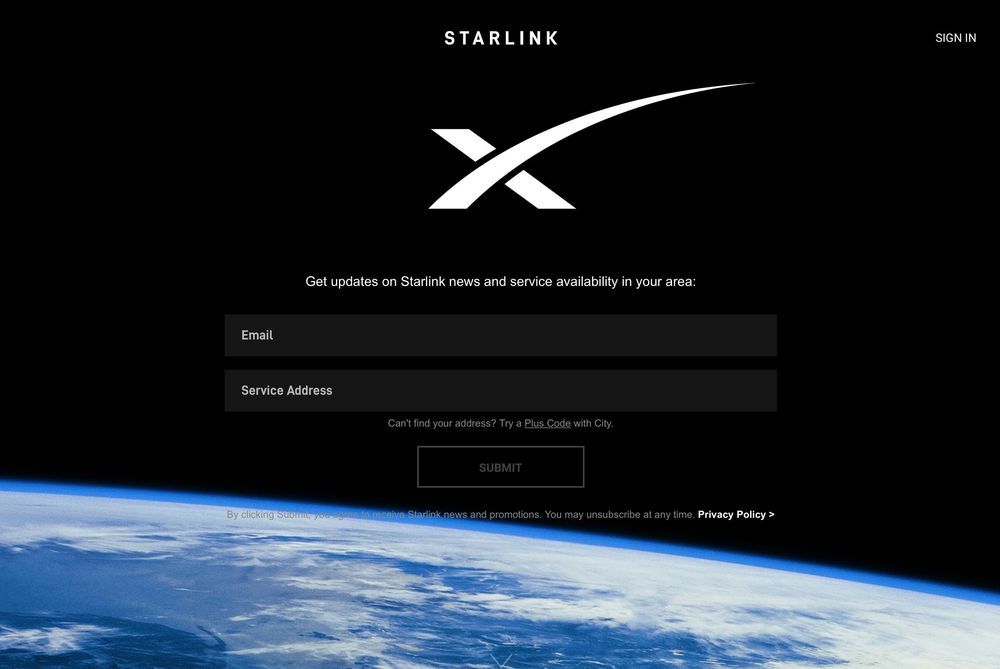
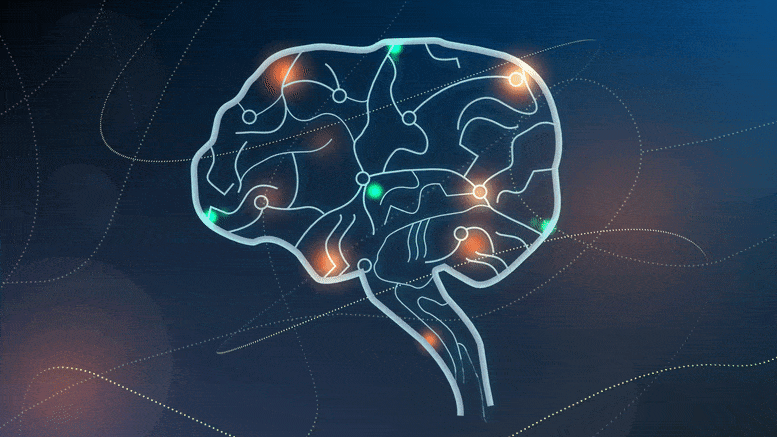
There is no question that motivation is one of the hardest and yet important factors in life. It’s the difference between success and failure, goal-setting and aimlessness, well-being and unhappiness. And yet, why is it so hard to get motivated — or even if we do, to keep it up?
That is the question that scientists led by Professor Carmen Sandi at EPFL and Dr Gedi Luksys at the University of Edinburgh have sought to answer. The researchers worked off previous knowledge that told them two things: First, that people differ a lot in their capacity to engage in motivated behavior and that motivational problems like apathy are common in neurodegenerative and psychiatric disorders. Second, to target an area of the brain called the “nucleus accumbens”.
Sitting close to the bottom of brain, the nucleus accumbens has been the subject of a lot of research. The reason is that it was quickly found to be a major player in functions like aversion, reward, reinforcement, and motivation.
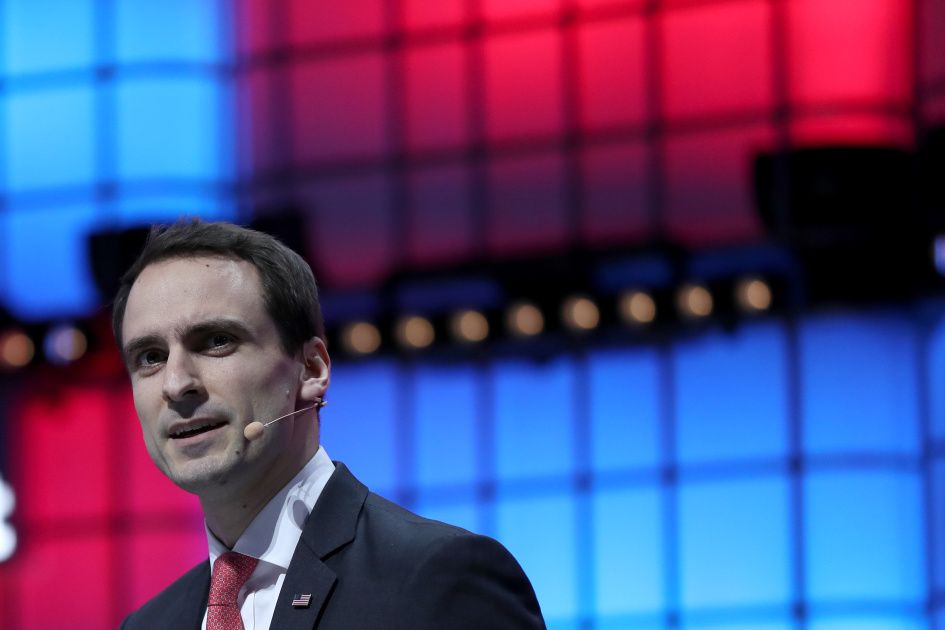
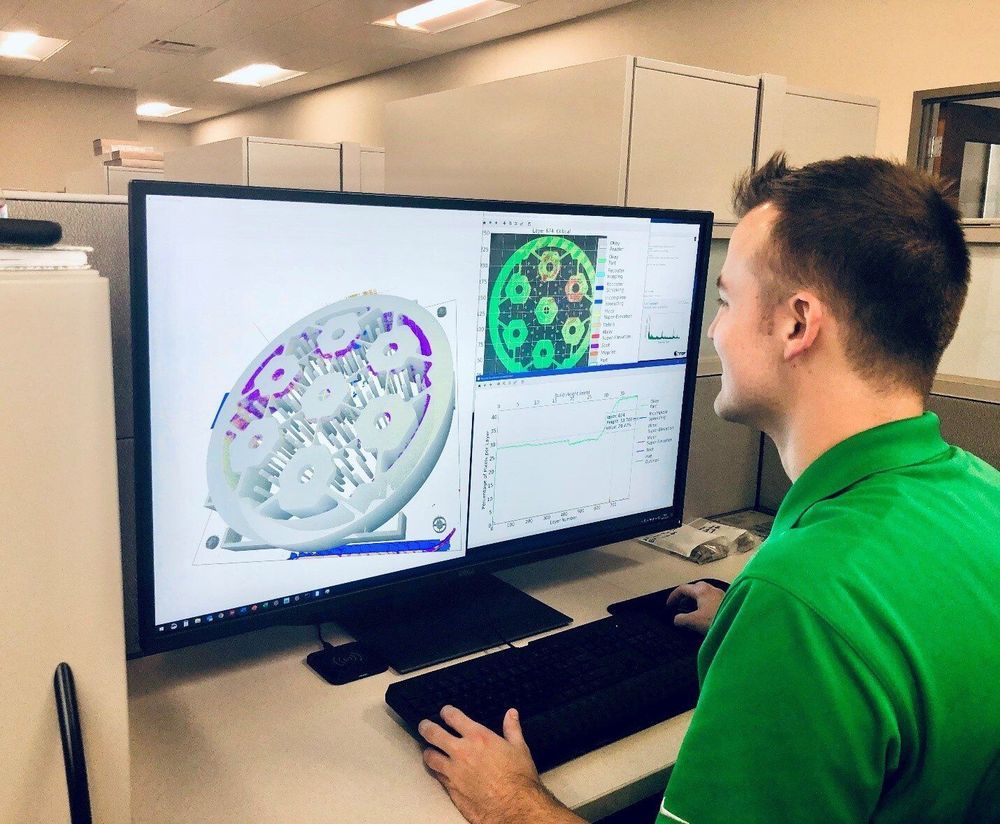
Oak Ridge National Laboratory researchers have developed artificial intelligence software for powder bed 3D printers that assesses the quality of parts in real time, without the need for expensive characterization equipment.
The software, named Peregrine, supports the advanced manufacturing “digital thread” being developed at ORNL that collects and analyzes data through every step of the manufacturing process, from design to feedstock selection to the print build to material testing.
“Capturing that information creates a digital ‘clone’ for each part, providing a trove of data from the raw material to the operational component,” said Vincent Paquit, who leads advanced manufacturing data analytics research as part of ORNL’s Imaging, Signals and Machine Learning group. “We then use that data to qualify the part and to inform future builds across multiple part geometries and with multiple materials, achieving new levels of automation and manufacturing quality assurance.”
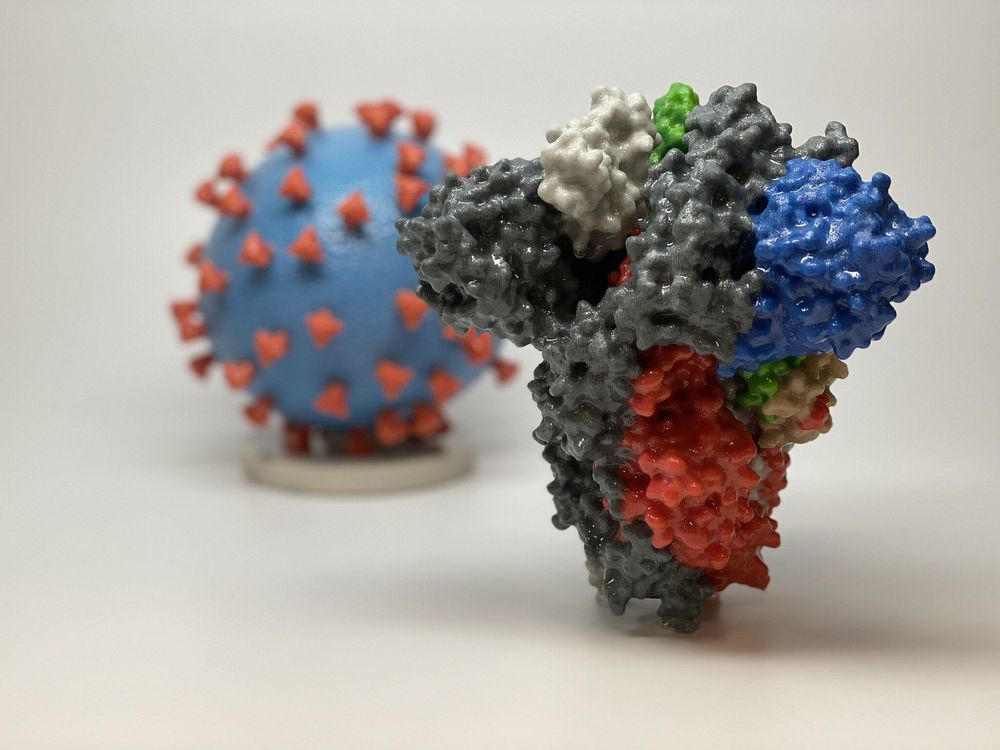
“These findings reveal how the immune system goes awry during coronavirus infections, leading to severe disease, and point to potential therapeutic targets,” said Bali Pulendran, Ph.D., professor of pathology and of microbiology and immunology and the senior author of the study, which will be published Aug. 11 in Science.
Lead authorship is shared by Stanford postdoctoral scholars Prabhu Arnunachalam, Ph.D., and Florian Wimmers, Ph.D.; and Chris Ka Pun Mok, Ph.D., and Mahen Perera, Ph.D., both assistant professors of public health laboratory sciences at the University of Hong Kong.
A Stanford study shows that in severely ill COVID-19 patients, “first-responder” immune cells, which should react immediately to signs of viruses or bacteria in the body, instead respond sluggishly.
Some people get really sick from COVID-19, and others don’t. Nobody knows why.
Now, a study by investigators at the Stanford University of Medicine and other institutions has turned up immunological deviations and lapses that appear to spell the difference between severe and mild cases of COVID-19.

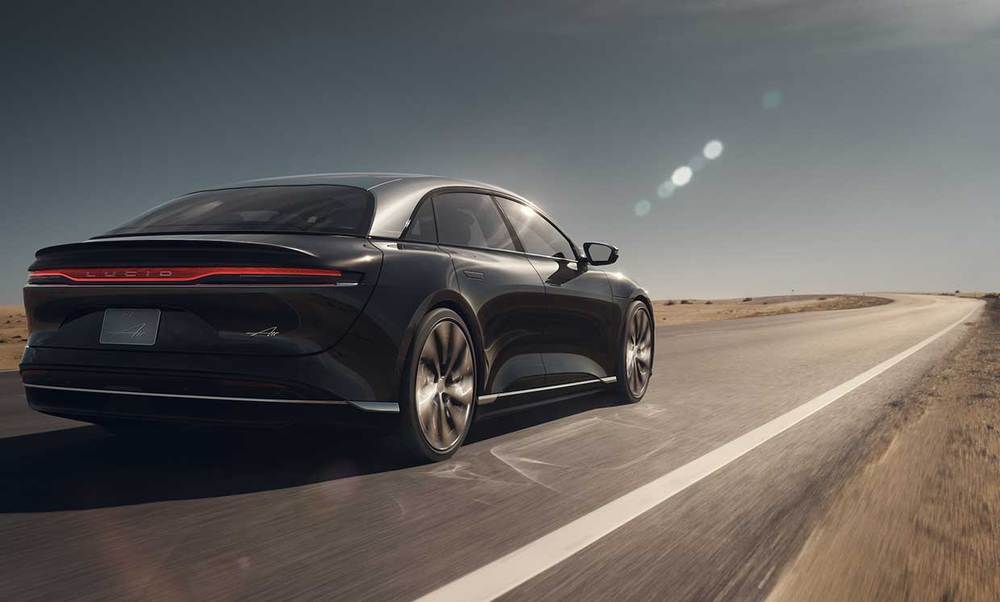
What would it take to build this state-of-the-art space habitat?